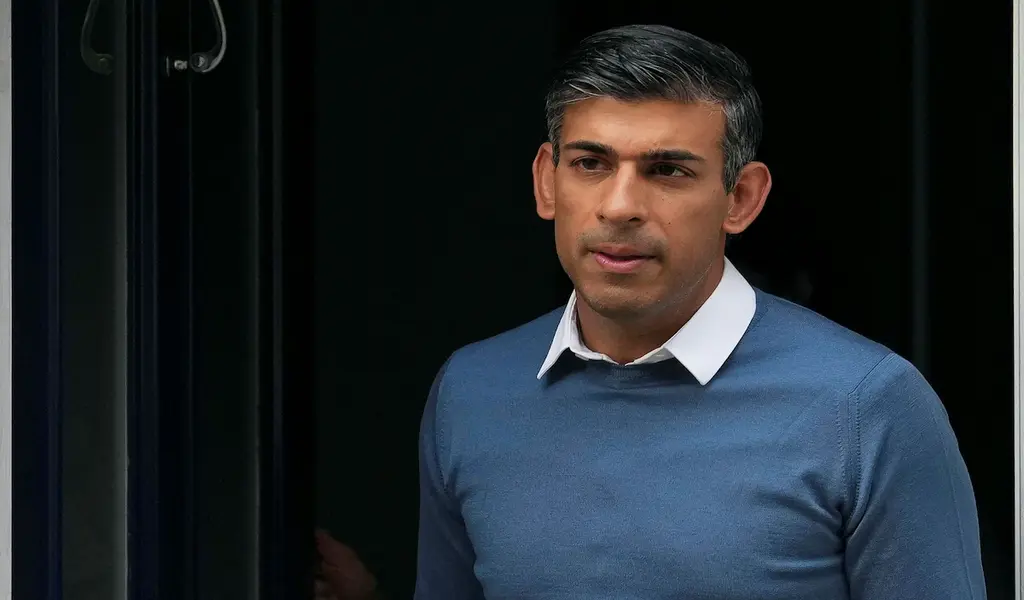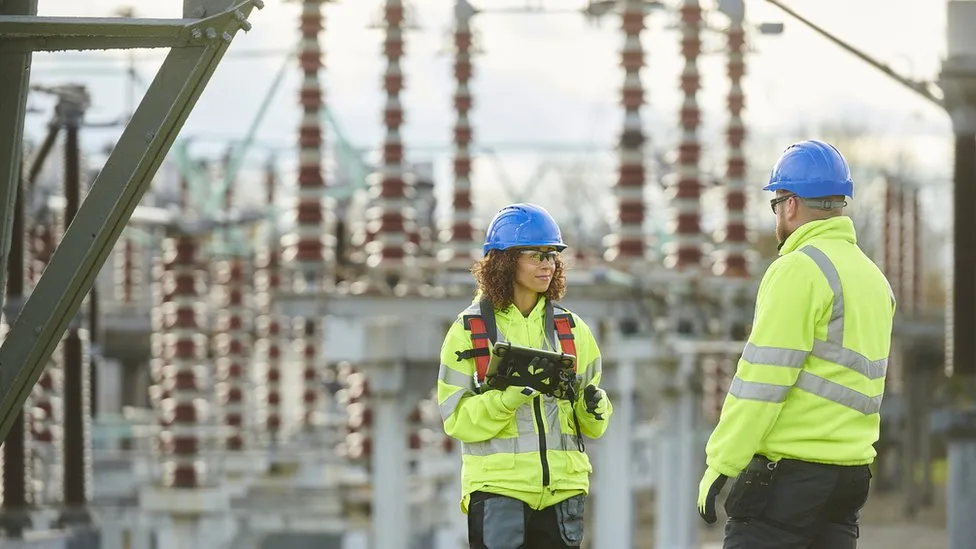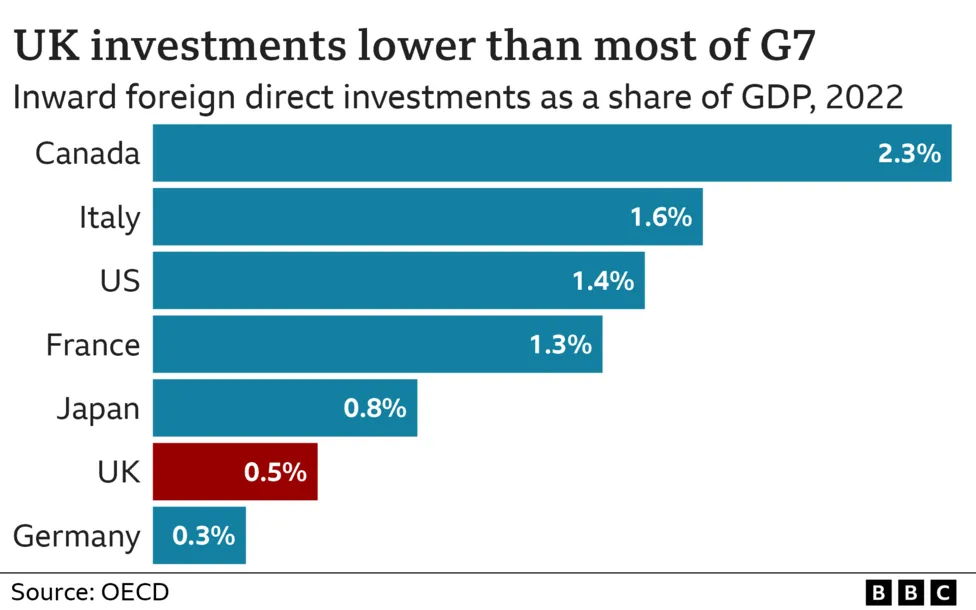(CTN News) – At Hampton Court, the prime minister is hosting a gathering of prominent businesspeople to showcase the investment plans of international firms in the United Kingdom.
An announcement of £29.5 billion in fresh investment was made by Rishi Sunak, who hailed it as a “huge vote of confidence” in the British economy.
In last week’s Autumn Statement, there were a few steps to get companies to put more money into the economy.
It did, however, occur in the context of revised down growth projections.
A major goal of the policies outlined in the Autumn Statement was to encourage greater investment from domestic companies.
According to the government, the UK has a proven record of success in luring international investors.
An investment proposal worth £2 billion, which may guarantee up to 6,000 employment in the United Kingdom, was unveiled last week by Nissan, who said that its Sunderland plant would manufacture three different electric vehicle types.
But Rishi Sunak just announced that the West Midlands–Manchester high-speed train line would not be built.
There were no bids at an auction held in September, so the government had to rework a contract earlier this month to get energy companies to invest in offshore wind projects.
According to the labor movement, there had been “total failure” in terms of growth and investment in businesses.
Former shadow trade and commerce minister Jonathan Reynolds blamed the “total lack of stability, consistency and ambition which has turned potential investors away from Britain” for the 13 years of Conservative rule.
In addition to attending Monday’s summit, Deanne Stewart, chief executive of Aware Super, the largest pension fund in Australia, is launching the firm’s first foreign office in London to engage in private equity, infrastructure, and real estate.
“Certainly as we have spent time with the government, our understanding is there is a healthy pipeline,” she said, commenting on the recent announcements about HS2 and green energy on the BBC’s Today show.
“But in the UK, like in most countries, there is a degree of risk.”
Aware Super intends to spend £5 billion in the UK, according to Ms. Stewart, who said, “We would not participate in [projects] if they did not have that really strong certainty and really strong policies around them.”
Ms. Stewart will be joined at the summit by 200 other prominent business and investment figures, such as Stephen Schwarzman, CEO of investment behemoth Blackstone, and David Solomon, of Goldman Sachs.
Foreign direct investment (FDI) is already generating employment and economic growth, according to Rishi Sunak, who cited the United Kingdom’s “culture of innovation and thriving universities” and the sectors of “clean energy, life sciences and advanced technology” as examples.
In 2021, during the most recent conference, businesses committed to investing roughly £10 billion in the United Kingdom.
But last week at the Autumn Statement, the independent fiscal watchdog Office for Budget Responsibility (OBR) lowered the UK’s economic growth predictions.
Its updated economic growth forecast for 2019 is 0.7%, down from 1.8% previously, and for 2025 it’s 1.4%, down from 2.5% previously.
United Kingdom economic growth was “doing well despite significant headwinds,” according to Trade and Business Secretary Kemi Badenoch.
“We are dealing with the same problems that many other countries around the world are dealing with,” she explained to Sky News.
“Investors who I hosted at a reception yesterday were telling me about the concerns they have in the US, in France and so on.”
According to OECD data, British FDI increased to $14 billion (£11 billion) in 2022 from $71 billion the year before.
The only other G7 nation to see an increase was France, with a rise from $30.8bn to $36.3bn last year. German exports, for example, dropped precipitously, falling 76% to $11 billion.
The United Kingdom has the second-lowest level of FDI among the G7 countries as measured as a proportion of GDP.








